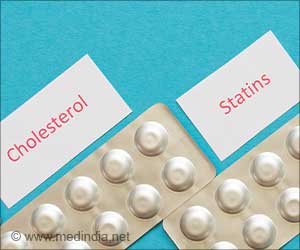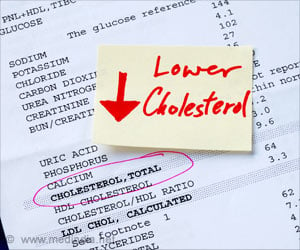A massive province-wise screening is being considered by the Welsh Assembly Government to identify people at risk of a genetic condition which causes high cholesterol.
Around 6,000 people in the region are at risk of familial hypercholesterolaemia (FH), it has been estimated.Wales is already ahead of the rest of the UK after it introduced a pilot screening programme in South Wales, funded by Heart UK.
The National Institute for Health and Clinical Excellence (Nice) has said that those people who are at risk of FH, which can kill if undiagnosed, should be identified and diagnosed through known relatives – cascade screening.
Dr Alan Rees, a consultant physician at the University Hospital of Wales, in Cardiff, said: “Wales is already leading the rest of the UK in diagnosing people with FH.
“For the last three years our work in South Wales has been diagnosing people through their families.
“We welcome this announcement [from Nice] – it is a seal of approval for our work. We now want to roll out this all important service across Wales.
“We have the expertise, knowledge and the technology, all we need is funding from the Assembly Government to go ahead.”
Advertisement
“A Wales-wide diagnosis programme would enable it to deliver on its promises.”
Advertisement
Without treatment people with FH will develop coronary heart disease 20 years earlier than average and are at an increased risk of premature death.
But once the condition is diagnosed treatment is effective and inexpensive – people with FH who also adopt a healthy lifestyle can expect to live a long and healthy life.
Elin Collins, a pupil at Llanishen High School, in Cardiff, now takes statins daily after being diagnosed with FH.
Her father Tim, a former rugby player and a PE teacher, died suddenly two-and-a-half years ago.
His family, including Elin, were later tested for FH.
Younger daughter Ffion will undergo the test in a few years’ time.
Jayne Collins, Elin’s mother, said: “It was an awful tragedy for the whole family but we have been a part of this trial and that’s benefited Elin, even though it has been something of a double-edged sword.”
And Elin said: “It was a bit of a shock at first, but I’m grateful to know that I have it, so I can take steps to be healthy.
“Now that I know that I have FH, I can benefit from management and treatment.
“I am now getting on with my life and if I continue to have a healthy diet and regular exercise, I know that there is no reason why I can’t have a long and healthy life.
“I’m a sporty person anyway and I haven’t had to make too many drastic changes to my lifestyle.”
Source-Medindia
GPL/L












